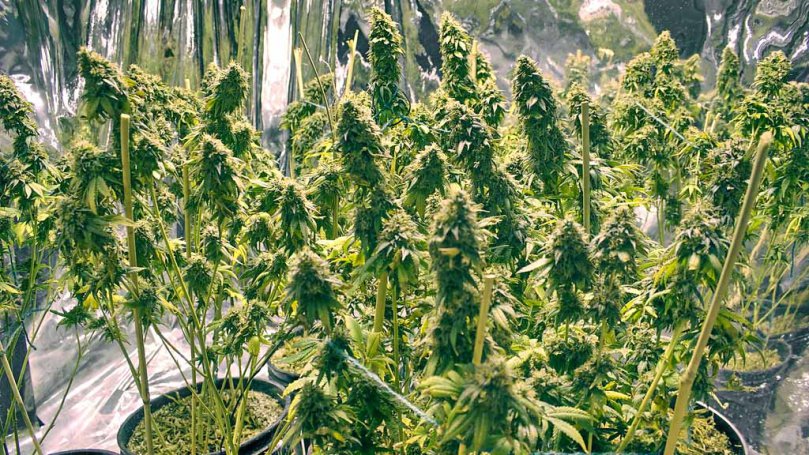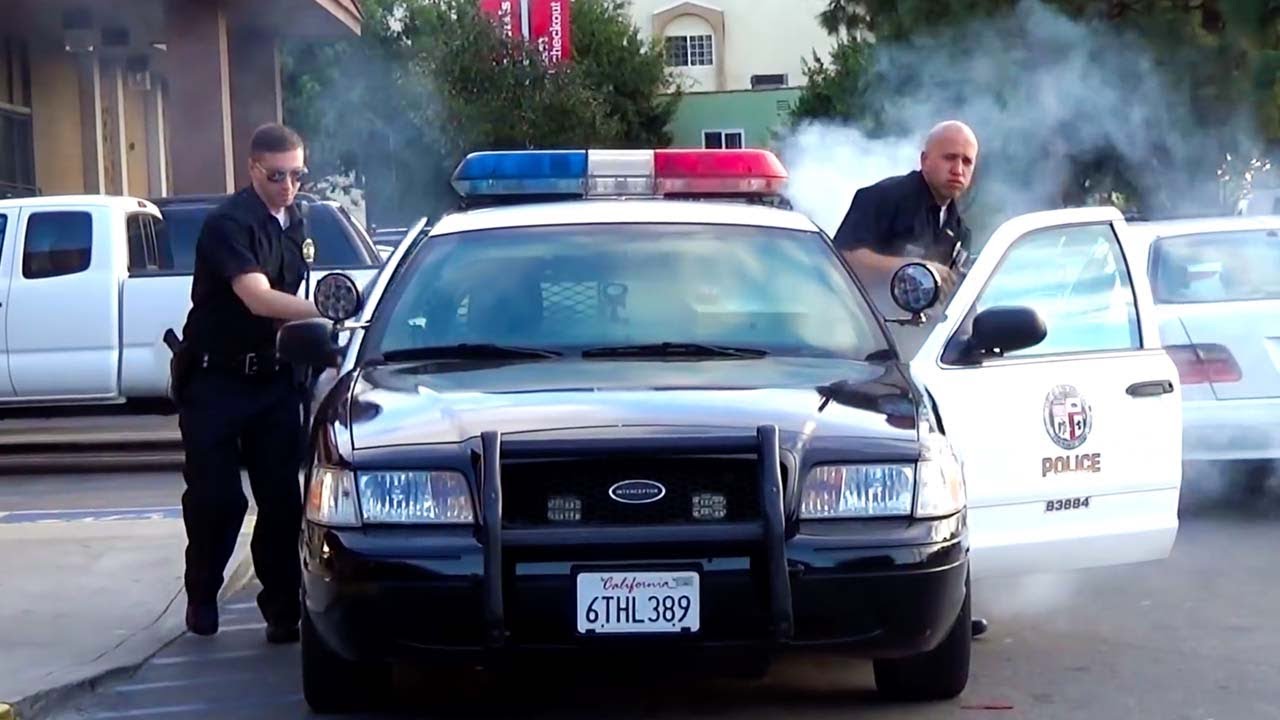Following a 58% state approval vote for a legalized medical cannabis amendment that still managed to fall flat due to a mandatory 60% approval rate, it was inevitable that Florida would soon rejoin the marijuana policy change conversation soon.
Now a year away from the unsuccessful vote, Florida is readying to receive the first medical marijuana in the state. Far from opening the flood gates, the Department of Health is focusing on one strain in particular – Charlotte’s Web. The strain has been identified as a powerful medical aid in controlling seizures because of its low THC content and high cannabidiol, which has been proven as a medically beneficial component for conditions like epilepsy.
The failure of the bill gave the Department of Health responsibility over how medical cannabis would be grown and distributed. Since the vote, the Department has been dealing with the difficult and legally riddled task of mitigating between nurseries and anxious patients.
This month, the Department of Health plans to move forward in granting state-wide licenses to five selective nurseries, allowing them exclusive right to grow Charlotte’s Web. The regulations, which will be finalized by June 17th, strictly outline that in order to qualify, growers must have been in business in Florida for more than 30 years and grow over 400,000 plants annually. The Department of Health will accept applications from qualifying nurseries by July 8th. Only five of the licenses will be issued, and those selected will be notified by August 8th.
For Floridians looking for long-awaited access to the medicine, this means that Charlotte’s Web could be available as soon as December of this year. Realistically, the strain will probably be widely available in the early months of 2016 when considering time in the process of building, growing, and processing.
Additionally, regulations for doctors to prescribe Charlotte’s Web is also being held under a watchful eye. Doctors will need to undergo an 8-hour training in order to qualify to prescribe, and only 30 professionals have met the requirements in the entire state of Florida so far.











